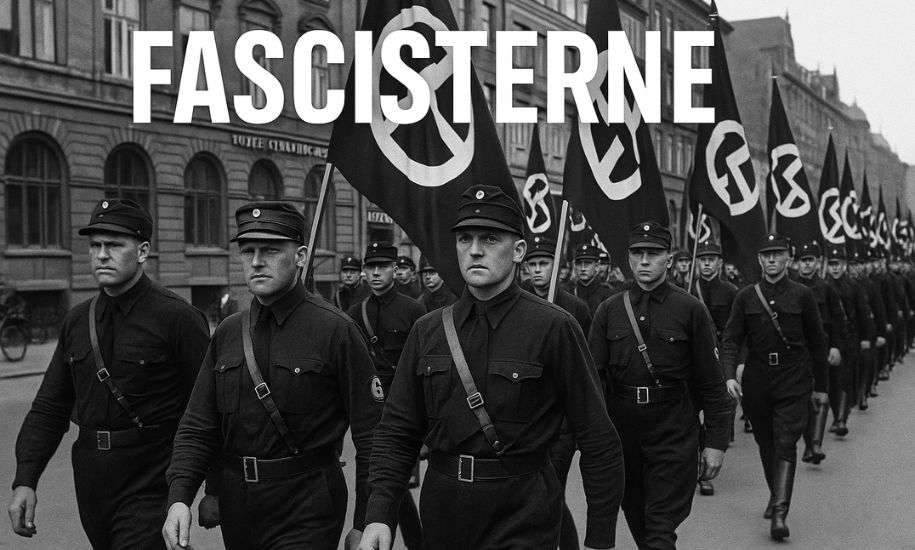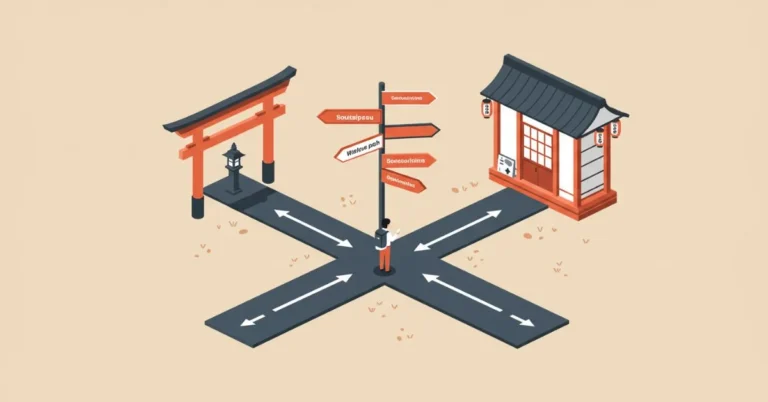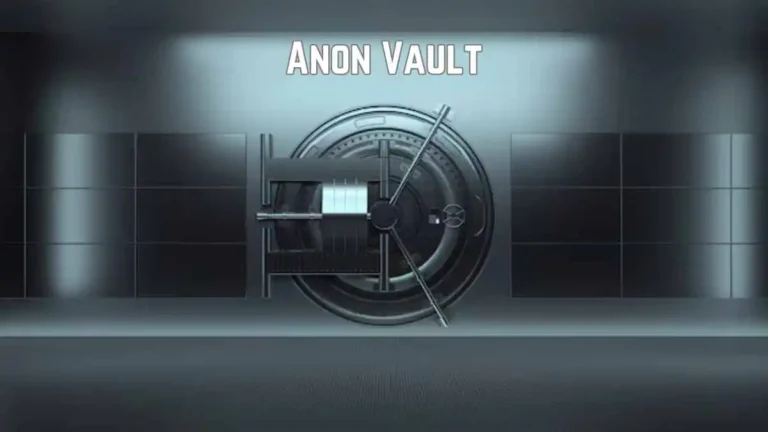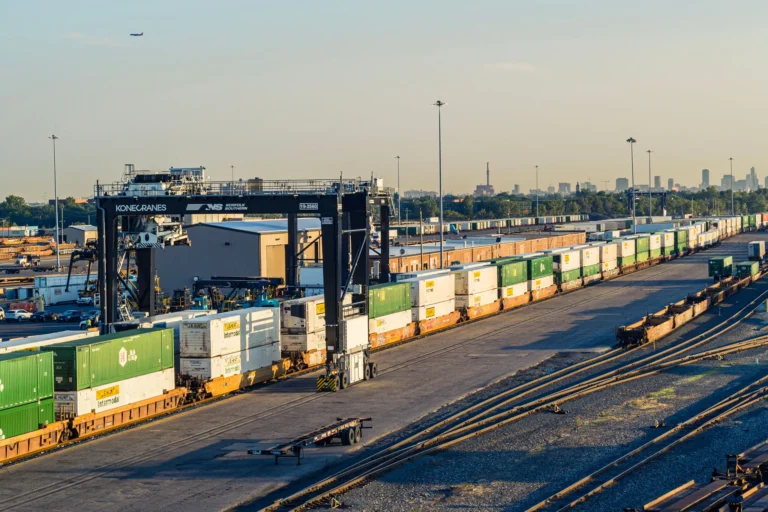Understanding the Term Fascisterne and Its Broader Meaning
Introduction
Language carries with it layers of history, culture, and emotion. Certain words instantly evoke reactions, memories, and even discomfort. One such term is fascisterne. This Danish word, directly translated into English, means “the fascists.” Yet, beyond the literal meaning, fascisterne is far more than just a label for a political group. It holds symbolic weight, historical significance, and modern-day relevance in discussions around society, governance, and human behavior.
In this article, we will explore how the term fascisterne is understood, how it has been used historically, and why it continues to matter today.
What Does Fascisterne Mean?
At its core, fascisterne refers to those who embrace or embody fascism. The singular form would point to a fascist individual, while fascisterne points to a collective identity. Unlike neutral political labels, the word rarely exists in a vacuum. It often carries accusations, warnings, or strong criticism. When spoken or written, fascisterne usually implies a shared ideology rooted in authoritarianism, strict control, and an absence of tolerance for dissent.
Historical Context of Fascisterne
History cannot be separated from this term. In the 20th century, Europe witnessed the devastating consequences of fascist regimes. Although fascisterne is a Danish word, its application extends beyond Denmark. It speaks to a European and global history where fascist movements rose, clashed with democratic ideals, and left behind scars that shaped generations.
When people refer to fascisterne, they often think of authoritarian groups who demanded loyalty, suppressed freedoms, and treated opponents as enemies of the state. The word is not simply descriptive; it is layered with the memory of suffering, oppression, and social division.
Fascisterne in Modern Conversations
Today, the word fascisterne continues to surface in debates. It is not only tied to history but also used in discussions about current events, political movements, or even cultural trends. The word is often invoked when groups or individuals are perceived as intolerant, excessively controlling, or unwilling to allow diverse voices in society.
For some, fascisterne is used as a warning label. It suggests that certain actions or ideologies, even if not identical to historical fascism, risk sliding into similar patterns of authoritarian control. For others, it is used as a rhetorical weapon to discredit opponents. This dual function makes fascisterne a powerful but also controversial term.
Cultural Weight of the Term
The Danish word fascisterne is a reminder of how language evolves with meaning beyond its dictionary definition. In literature, media, and even casual speech, the term is heavy with judgment. Unlike neutral descriptions such as “the liberals” or “the conservatives,” calling someone part of fascisterne is rarely neutral. It implies moral disapproval and suggests that the group or person being described has crossed a line that most societies reject.
Why People Still Talk About Fascisterne
There are several reasons why this word remains part of public vocabulary:
- Historical Memory – Societies remember what happened when fascism took hold, and fascisterne serves as a reminder of the dangers of authoritarian ideologies.
- Political Rhetoric – The word is often used to criticize opponents, sometimes fairly, other times unfairly.
- Social Awareness – As new generations confront questions about freedom, democracy, and equality, fascisterne functions as a cautionary symbol.
- Globalization – Political debates are not confined by borders, and a Danish term like fascisterne connects to broader international discussions.
Misuse of the Term Fascisterne
Like many powerful words, fascisterne can be misused. Not every act of authority is fascism, and not every strict political view belongs to fascisterne. When the word is overused or applied carelessly, it risks losing meaning. For this reason, careful thinkers emphasize precision. Labeling someone or some group as fascisterne should not be done lightly, because it carries historical gravity and moral judgment.
Learning from the Past Through Fascisterne
One of the most constructive uses of the word fascisterne is educational. By studying how fascist groups operated in the past, societies can better understand the early signs of authoritarianism. Recognizing these patterns allows communities to protect freedoms before they erode. In this way, fascisterne is not just a term of accusation but a tool of awareness.
The Human Side of the Word
Behind the term fascisterne are real people—both those who followed authoritarian ideologies and those who resisted them. Remembering this duality is important. On one hand, fascisterne represents those who supported control and oppression. On the other, it also symbolizes the struggles of people who stood up against such forces. This balance reminds us that words carry human stories, not just abstract definitions.
Conclusion
The Danish word fascisterne is simple in form but rich in meaning. It translates to “the fascists,” but its weight extends far beyond the literal. It is tied to history, used in modern debates, and serves as both a warning and a lesson. Whether used in academic discussions, political rhetoric, or cultural commentary, fascisterne remains a reminder of the dangers of unchecked authority and intolerance.
To understand fascisterne is to understand not just a word, but an era, a set of ideas, and the lessons societies continue to carry forward. Its presence in conversation is a sign that people still care about protecting freedom, questioning power, and learning from the past.






